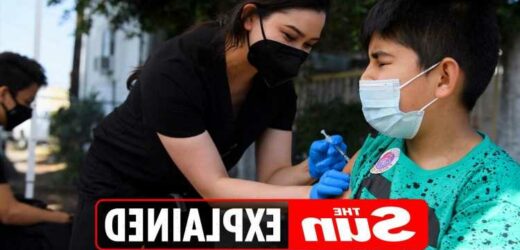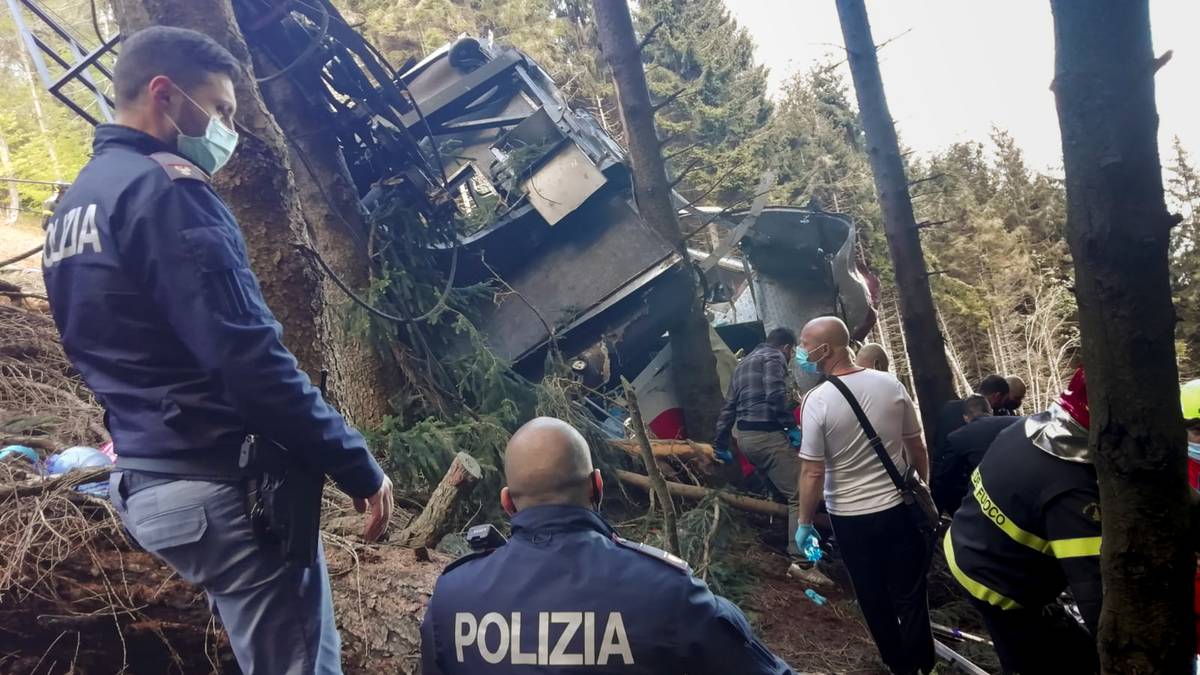AS the UK vaccine rollout continues to go from strength to strength, the question on many people's lips is when will children be in line for a jab.
Although a controversial subject, it could be a substantial step in stopping the spread of coronavirus in schools, nurseries, and the like – so when will it get the go-ahead?
When will children get the Covid vaccine?
The UK government are drawing up contingency plans to start vaccinating children.
It has been reported that under 18s will be inoculated from as early as August, or "late summer".
Other reports suggest secondary school pupils will be vaccinated from September, with NHS officials compiling a "core planning scenario" to offer a single dose to children aged 12 and over when the new school year begins.
A source said: 'Plans are in place to vaccinate children aged 12 upwards, and senior government officials have been briefed."
Officials are also preparing a "worst case scenario", which would involve kids aged just five getting immunised from as early as July.
Those aged 32 and 33-years-old have now been invited to receive a vaccine, but an official decision on whether children will has not yet been made.
It comes as other countries began extending the jabs to minors, such as Israel, who are giving doses to 16 and 17-year-olds after deeming it safe.
What are the Covid vaccine symptoms on children?
Symptoms after receiving the vaccine are believed to be similar in both children and adults, according to jab producer Pfizer.
Children are expected to experience pain at the injection site in the upper arm, and may feel fatigued.
Headaches, achiness, fever and chills are also possible side effects – but these are usually temporary and wear off within 48 hours.
The Department of Health insisted no decisions had yet been made on vaccinating children but said: "We will be guided by experts once clinical trials have concluded."
What vaccine will children be given?
Pfizer is expected to be the vaccine of choice when children are allowed to receive a jab.
It has high efficacy and poses no serious safety concerns and has been licensed for use on those aged 16 and over while the AstraZeneca and Moderna vaccines are for over-18s.
AstraZeneca is conducting trials on kids aged six to 17-years-old in the UK, while Moderna and Johnson & Johnson are testing on those aged 12-18.
Trials on kids aged between six months and 11-year-old's are also being held by Moderna and Pfizer.
A study has found Pfizer’s jab is 100 percent effective at preventing Covid illness in 12 to 15-year-olds.
Priority groups such as those at high risk of Covid exposure and clinically vulnerable kids are expected to again have first dibs.
Canada became the first country in the world to authorise a coronavirus vaccine for use for under-16s, closely followed by the US announcing the approval of the Pfizer vaccine for children ages 12 and up.
Approximately 600,000 American children aged between 12 and 15 have already received a vaccine after receiving approval from the FDA and CDC.
Canada’s Health Ministry approved the Pfizer jab for the same age group after Phase 3 clinical trials concluded that the vaccine was safe and effective for kids that age.
How will children be contacted to get the vaccine?
Children will be contacted to get the vaccine in the same way adults are – they just may receive the news via their parents or carers.
Brits are notified by text message, phone call, or letter by NHS providers who instruct you to book an appointment at a vaccination centre or pharmacy.
You can find out how to calculate when you could receive your jab here.
Those who are eligible don't have to hang around and can book their own either online.
England has now delivered over 50million jabs in a major milestone for the fight for a return for normality.
The achievement was announced by Matt Hancock on the same day as anyone over the age of 32 was invited in for an inoculation.
Source: Read Full Article






